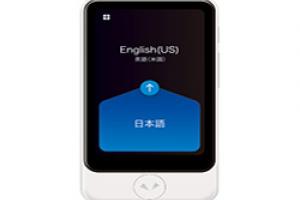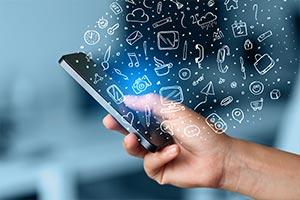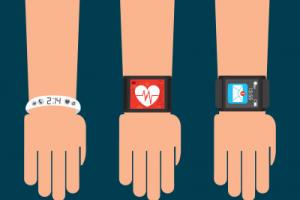Pocketalk, the global leader in connecting conversations and removing language barriers,…
The use of mobile devices in healthcare
Mobile devices are becoming an increasingly important tool within healthcare delivery. In fact, 4 out of 5 doctors make use of these devices as part of their everyday work. This has led to the phenomenal growth of Mobile Health, or mHealth, technology which is now projected to hit a global value of €53 billion ($60bn) by 2020.
Mobile devices make it easier for medical professionals to access patients’ electronic health records. This is becoming increasingly common, with 43% of doctors admitting to using their mobile devices as the primary screen for accessing patients’ data.
This has great implications for productivity as information can be quickly accessed and is far less likely to be lost or mishandled. In fact, 74% of hospitals that use mobile devices to collect information from patients are more efficient than those which don’t. However, with more patient data on mobile devices, the onus is on healthcare professionals to keep these devices safe and secure. If a device gets lost or stolen, very sensitive data may very well find its way into the wrong hands.
Mobile health technologies help medical professionals to overcome communication issues. For example, the use of note-taking and communication apps make it very easy to exchange messages and information quickly between relevant parties. This improves information management and facilitates collaborative efforts to ensure a greater quality of care for the patient.
Discover more about mHealth
Scroll through the infographic below from Home Healthcare Adaptations to find out more about how healthcare professionals are using mobile devices for work. This guide covers some interesting statistics about the rise of mHealth and also includes a break-down of the key benefits and challenges associated with these technologies.






